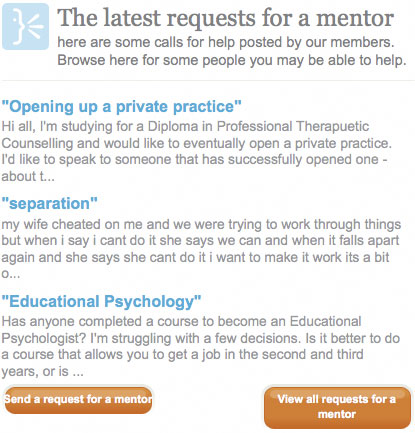Hearing about mentoring from the horsesmouth
Last week I got the chance to see a presentation from founder MT Rainey about the Horsesmouth mentoring website. It is an ambitious site which aims to match willing mentors with those in need of advice. As the strapline says "Someone knows what you need, someone needs what you know"
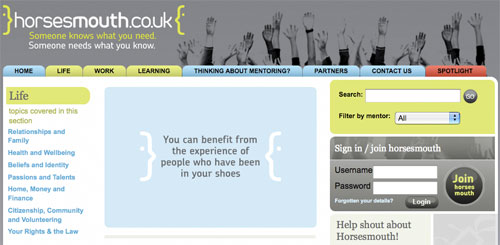
A couple of things about the site struck me as echoing the principles for good social design that Nokia's Miles Rochford outlined at last year's IA Summit in Miami in "Designing for the social", which he subsequently wrote up in an article for FUMSI.
A safe social network
In his talk Miles looked at the concept of anti-personas - designing a system to avoid what someone with bad motives might want to achieve.
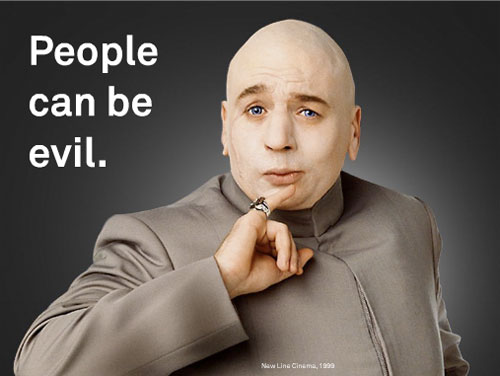
Horsesmouth claims to have the safest social network on the web because of the way they vet participants. Registration is validated by mobile phone as well as email, and users have to be over 16. Mentor profiles are pre-moderated, and all content is post-moderated.
This doesn't seem to stifle activity on the site however, and MT proudly pointed out that the average request for help on horsesmouth.co.uk gets more replies than the average request on Yahoo! Answers.
Privacy is paramount
A lot of the topics dealt with on the site are intensely personal - about love, death, illness and professional hopes and fears. The default situation is that conversations between mentor and mentee are private - although they can opt to make it public.
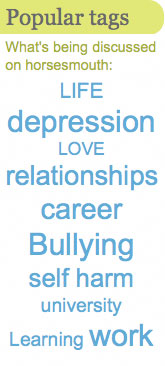
Miles' presentation compared a lot of our current online social environment to the panopticon prison situation - where prisoners knew that they were being observed some of the time, but couldn't tell when. This made them modify their behaviour, since they had to assume they were being watched at all times. He thinks that getting the balance between the private, the public, and the semi-private is crucial to good social network design.
Unlike many other social online platforms, like Facebook or Flickr, where your actions are public unless you explicitly restrict them, horsesmouth is set up the other way round. Whilst this makes it much less interesting for drive-by browsing, it makes it feel like a more secure environment for dispensing and receiving advice. It probably restricts their ability to grow revenue, but MT Rainey described the site as part of the 'sociable' web, and deliberately not-for-profit.
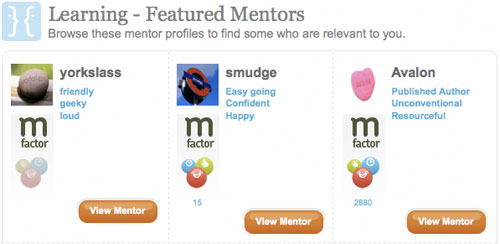
Design affects discourse
One of the points MT Rainey made was that the site doesn't follow a standard web forum format, which can sometimes encourage negativity. Instead the language chosen is deliberately aspirational, with the result that the community is a nurturing and supportive one. At the top level, instead of 'skills' there is a section for mentoring about 'Passions and Talents'. People are not asked to submit stories about racism or sexuality issues, they are invited to contribute to a category called 'Beliefs and Identity'.
Even without a big marketing campaign, the site has built up a bank of 12,000 people willing to mentor people, and help them through difficult choices and experiences at the time when they most need it. MT Rainey thought that if eBay could make a market out of the junk in people's cupboards that they were going to through away, then surely there could be a marketplace for all of the unused knowledge, wisdom and experience locked away in people's heads.
